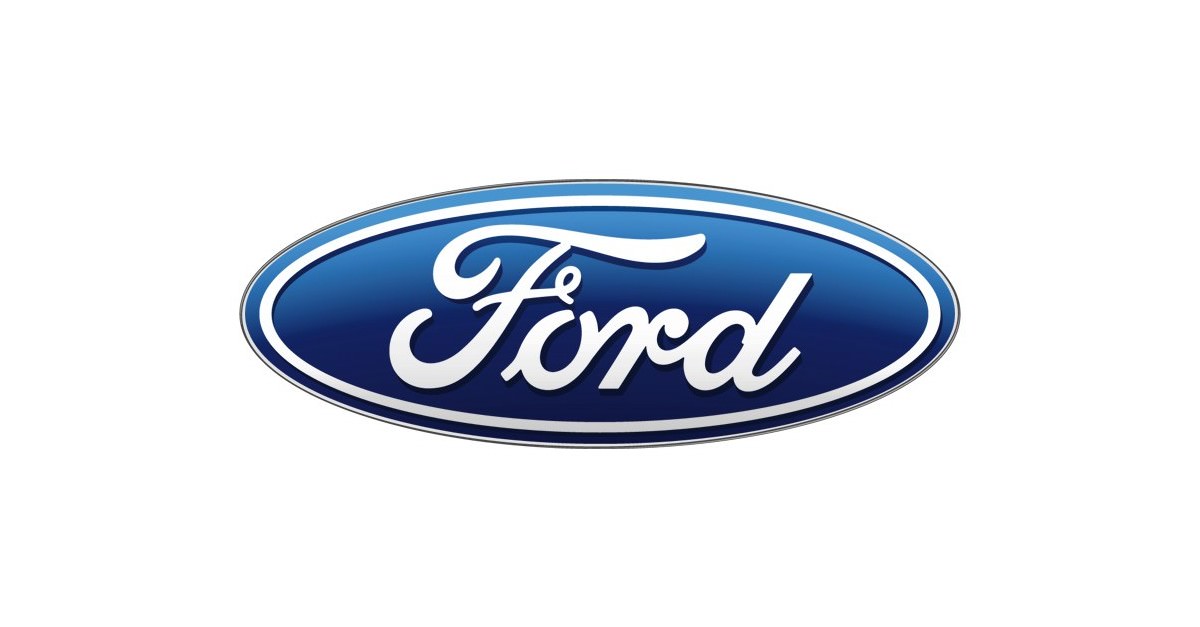by Ken Haman, AllianceBernstein
One of the big lessons of the COVID-19 pandemic is how unprepared we were for coping with a novel coronavirus. As I write this in early October, we are still struggling to understand what we should be doing and how best to tackle this challenge. Confusion swirls around news reports, and I am struck by how much this reflects the conundrum that financial advisors face: Why is it so hard to get clients to take preventative action to protect themselves from real and measurable risks?
At the AllianceBernstein Advisor Institute, we publish a number of checklists designed to help advisors alert clients to the wide range of investment-management and wealth-management issues that they must deal with once they accumulate wealth. Some address concerns common to many clients, like those associated with planning for retirement (The Preretirement Preparedness Checklist), while others address more specific life issues (such as The Premarital Preparedness Checklist). We even have a new resource to help uniquely successful clients cope with the challenges of the COVID-19 pandemic (The Financial Uncertainty Preparedness Checklist). In every case, the checklists focus on preventing problems before they happen.
As I’ve observed advisors and clients, I’ve noticed that both groups have trouble focusing on prevention. Instead, client engagements tend to narrow frame around a few key investment-management issues in the portfolio and seek solutions like better performance or lower price. Narrow framing is the tendency of humans to focus on a few pieces of information while editing out many other important parts of the problem. Behavioral science teaches that our brains will focus on a solution to what we see, rather than addressing the other concerns that are invisible.
Across many hundreds of relationships, I’ve watched advisors struggle to get clients to prevent problems in their portfolios and in their larger financial plans rather than fix problems after they happen. People seem to prefer to be reactive to events rather than proactive about their lives. This is so common that I think it deserves a closer look. Let’s use the COVID-19 pandemic as a way to understand this pattern in human decision-making.
Go back in time and imagine a different scenario unfolding in our country. In December 2019, a bright doctor in a hospital in California makes a surprising discovery of a new virus in a patient visiting from a foreign country and alerts the CDC. A strike team swings into action, isolates the visitor and traces everyone she had contact with. A few additional cases are discovered and traced until everyone exposed is isolated. Within a few weeks the outbreak is contained, no one dies and scientists begin studying the virus to develop a cure. There is no pandemic, no economic consequences accrue and, most importantly, there is no big, observable event. There is no problem to solve because the problem was prevented.
Is the doctor recognized as a hero? Of course not. There’s nothing to celebrate. Literally, nothing notably bad happened because no big problem occurred that needed to be solved.
In today’s reality, we have multiple companies with hundreds of scientists working to find a solution to the worldwide event. This makes great emotional sense to our narrow framing brains. At the same time, we have other scientists telling us how to prevent spreading the disease by using simple actions like social distancing and wearing masks. Both groups of scientists are working hard to address a problem. Which group do you think will go down in history as heroes?
Human beings rely too much on their personal experiences to make sense of the world. If nothing big or bad happens because a problem was prevented, it feels like there wasn’t an actual problem at all.
In practical terms, this illustrates the challenge for every financial advisor: the best way to help your clients is to educate them about the actual situation they are in. It’s natural for investors to narrow frame their focus on solving the problem of growing their wealth or finding a lower price. It’s counterintuitive for most of us to take actions to prevent problems before they happen. Without an advisor’s passionate and articulate messaging about preventing painful problems, most clients blissfully go through life thinking there is relatively little to worry about.
A checklist is a powerful way to start a conversation about prevention with an investor. At the AB Advisor Institute, we recommend that advisors develop their own versions of these checklists to express their professional expertise and commitment to their clients’ well-being. Once educated about the realistic situation of their lives, clients are in a better position to appreciate the value of the advice they’re receiving. For more information about the AB Advisor Institute’s checklists, call (800) 227 4618.
As challenging and counterintuitive as these conversations can occasionally be, in most cases waiting for an event to occur and then trying to find a solution are extremely painful and, sometimes, even permanently impairing for an investor who hasn’t adequately prepared. In retrospect, no one thinks reacting is better than preventing—as we are all now painfully aware.
For more resources from the AB Advisor Institute visit http://alliancebernstein.com/go/abai.
The views expressed herein do not constitute research, investment advice or trade recommendations and do not necessarily represent the views of all AB portfolio-management teams.
This post was first published at the official blog of AllianceBernstein..













